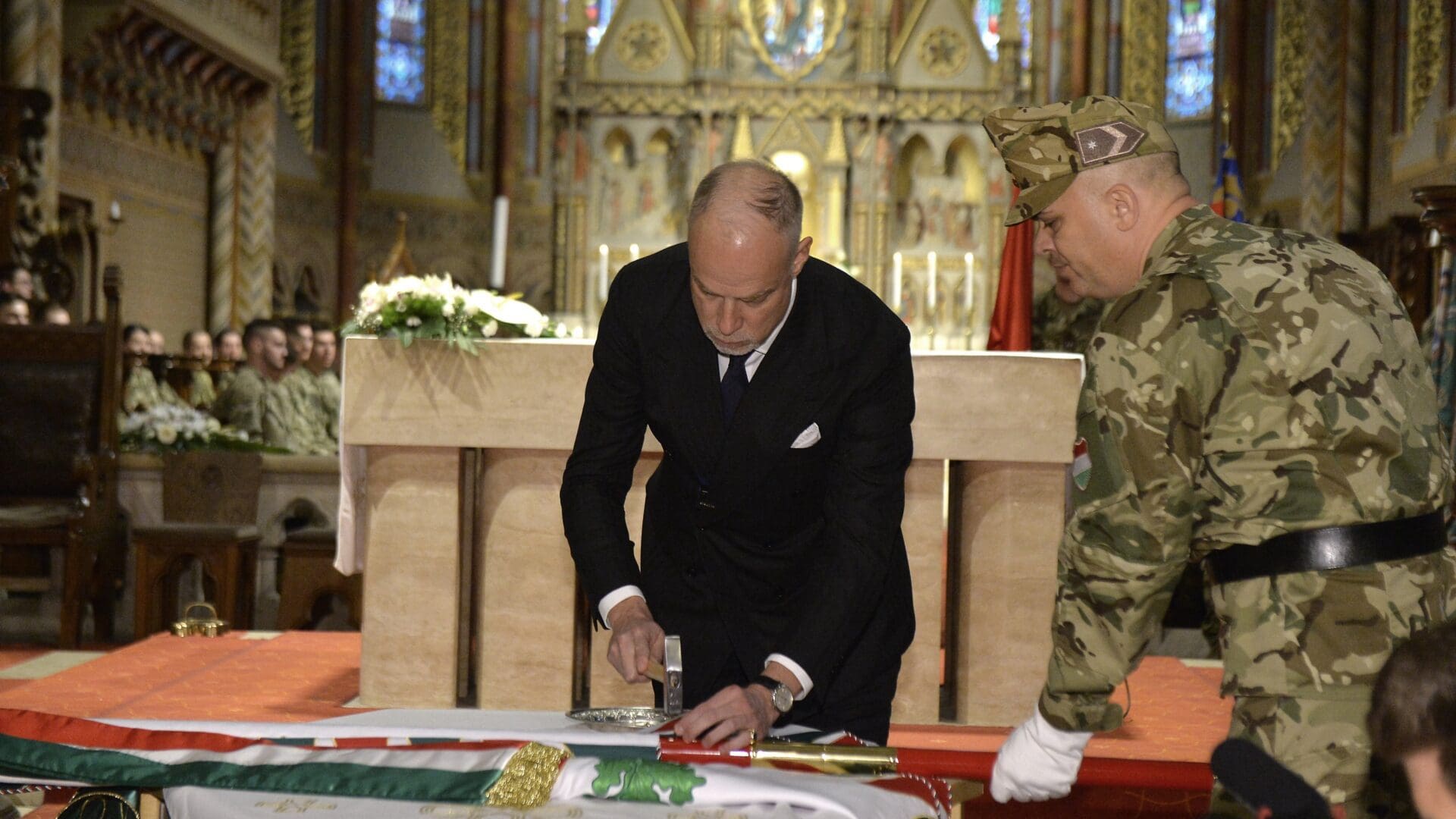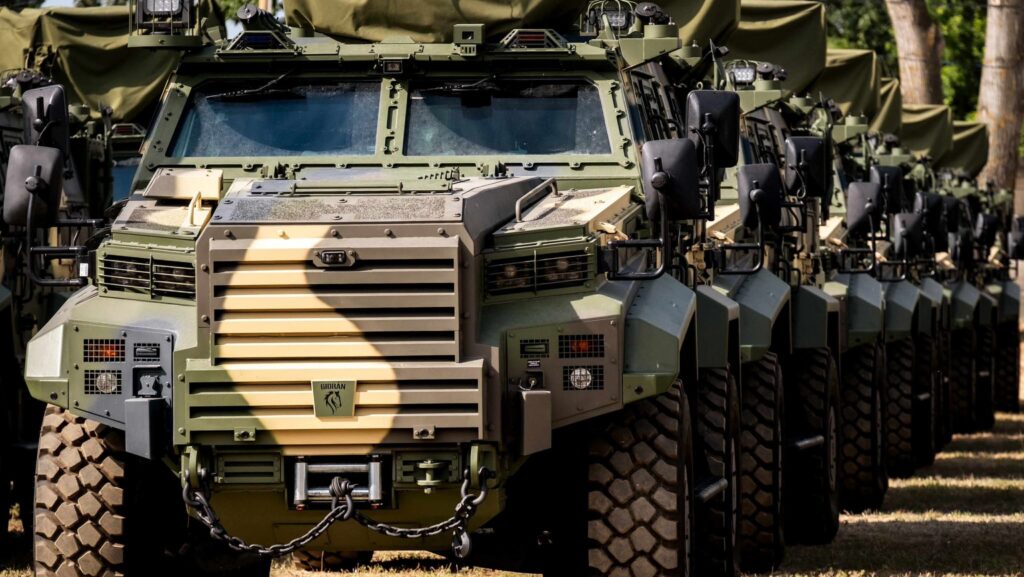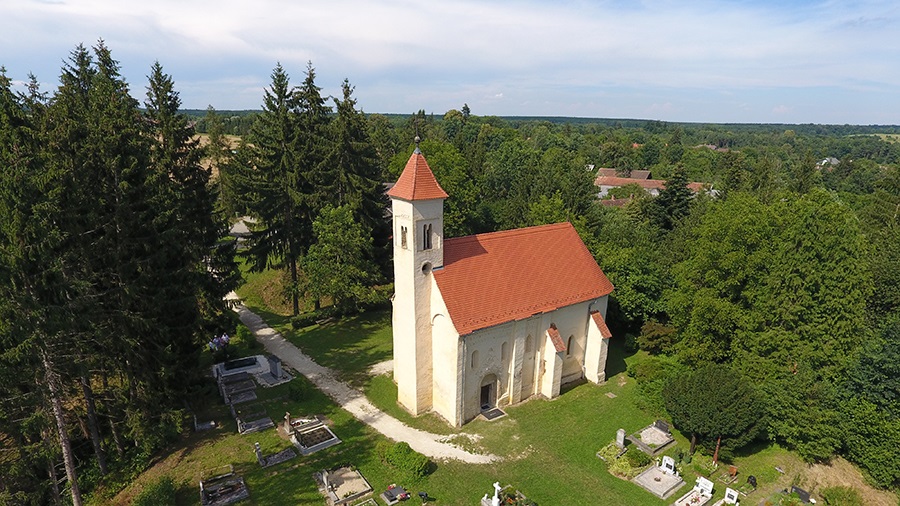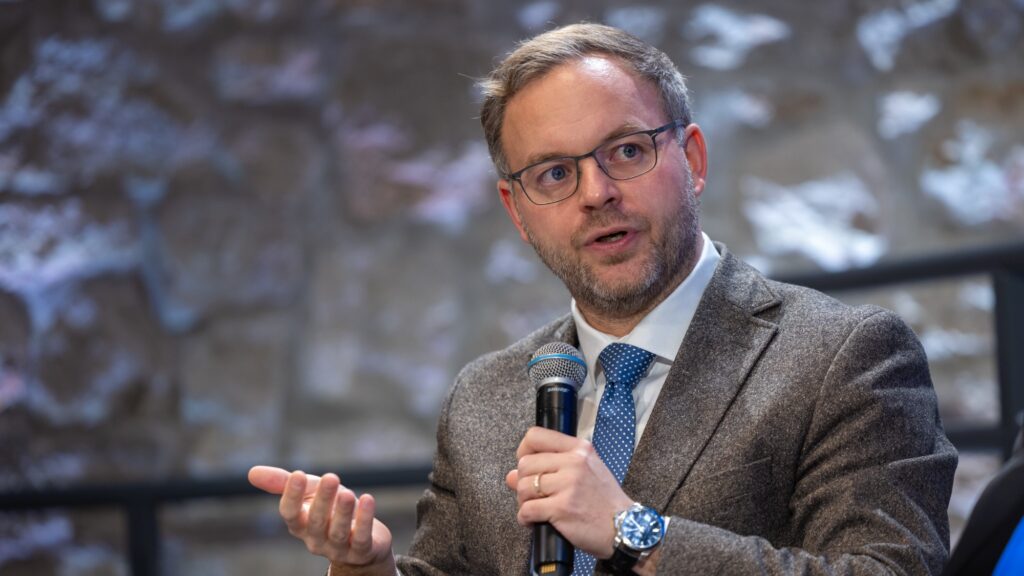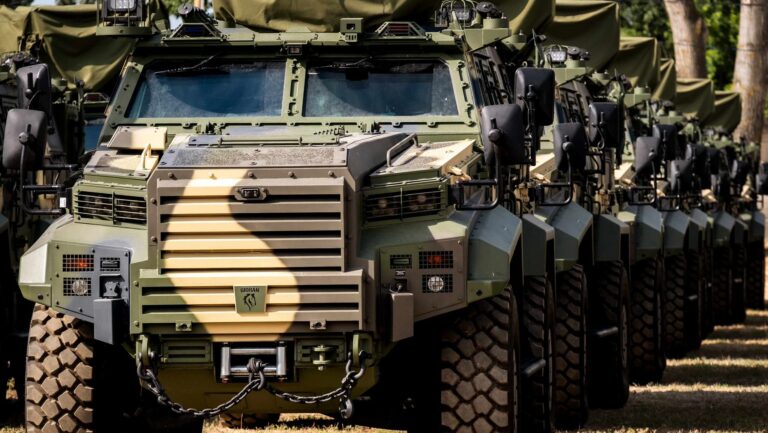On 21 May, the Hungarian Defence Forces (HDF) celebrated their 175th year of foundation. Minister of Defence Kristóf Szalay-Bobrovniczky also marked a personal anniversary recently: it was one year ago that he was appointed to his post. To mark the two anniversaries, Hungarian news portal Origo interviewed the defence minister and asked him about the ongoing development of the Hungarian Defence Forces and the prospects of the Hungarian military.
No Time for Hesitation
According to the defence minister, although the development of the Hungarian armed forces has been ongoing since 2016, the war in neighbouring Ukraine has made him realise that the development of the HDF must be carried out much faster and more efficiently as there will be no time or chance for Hungary to do so later. He argued that now there is political support for this endeavour, and the financial strength of the country and the attitude of Hungarian society, which also values security, make the development possible.
‘Everyone feels and understands that no one will defend our homeland instead of us.
For NATO’s security guarantees to come into force, we must also do our part,
and above all, we must have a strong national force, we cannot rely solely on others,’ the minister stressed.
Kristóf Szalay-Bobrovniczky underlined that he wants to transform a peacetime army, a social institution of ‘workers in uniform’ into a combat-ready, determined, solid army that is capable of showing military force in the region, too. He added that when he took over the ministry, he pledged to carry out a comprehensive change within the Hungarian Defence Forces. And the need for reform has become apparent to him from several perspectives over the past year.
‘As a volunteer reserve captain, I have seen the internal state of the armed forces from the bottom up, and as a minister, from the top down. From both perspectives, it is clear that a profound organisational culture change is needed.’
The European Defence Industry
The defence minister said that Central Europe and Hungary can no longer see themselves as they did before the outbreak of war. In the region, and Hungary’s immediate neighbourhood, there is a bloody, 20th-century-style war, with refugees pouring across borders and hundreds of thousands of people dying.
Meanwhile, the Western world has joined forces and is handing over unprecedented amounts of weapons to Ukraine which is the victim of military aggression. And although this gives Ukraine a chance to confront the invading Russian forces that threaten its sovereignty, several European countries are depleting their stocks as a result. By reducing their strategic stocks, these states are putting their security at risk, according to the minister. And to replenish these supplies and continue to support Ukraine, the European defence industry, caught unprepared for the current war situation, needs to expand.
Hungary is developing its military force also by establishing an independent defence industry
and finding the necessary EU partners for it, the minister reminded. This means not only procuring new, advanced weapons, but also agreements with major international partners that strengthen domestic production and research and development. Thus, as well as ensuring its military equipment supply and contributing to the growth of the Hungarian economy, Hungary is also contributing to the development of European defence industrial capabilities.
That is how the Lynx infantry fighting vehicle factory was built in Zalaegerszeg, and how the CZ-COLT handgun factory in Kiskunfélegyháza and the Airbus helicopter parts factory in Gyula were established. Among other investments, the construction of a large-calibre ammunition and explosives plant in Várpalota is also under way, the minister summarised.
‘For Peace You Need Strength’
The Hungarian Defence Minister also spoke about increasing the deterrence capability of the Hungarian Defence Forces. The aim of this is to ensure that 'no one thinks of heading for our country in the event of a possible future war conflict'.
According to the minister, in order to have a sufficient deterrent force, a well-planned build-up is required in at least three key areas simultaneously: first, the procurement and production of weapons and military equipment to increase the combat capability of the Hungarian armed forces by replacing the obsolete Soviet weapons the Hungarian Defence Forces inherited and creating a modern, NATO-compatible, digital force; secondly, soldier training, since ‘even the most modern equipment is worthless without a trained, capable and dedicated Hungarian soldier behind it,’ the minister stressed.
Therefore, a cultural shift is being promoted in staffing, recruitment and leadership,
which will strengthen the fighting spirit among soldiers, and will reinforce self-motivated, responsible leadership; thirdly, organisational changes are needed to develop a force with adequate deterrence capabilities. A good example of such a change is the newly established Command of the Territorial Defence Forces, which creates a completely new component to support the professional forces. The minister also cited the appointment of the new Chief of General Staff, former NATO representative Gábor Böröndi as an important step in moving the military in the desired direction.
General Böröndi is the right person to take the Hungarian Defence Forces from the combat level to the operational and strategic level, Minister Szalay-Bobrovniczky highlighted. In this respect, the training of Hungarian soldiers and the military exercises have also started at a higher level and with the new military techniques that have arrived in recent years. Training and cooperation at the force level should be coordinated within the NATO system, the minister noted. For such a long-term and strategic task Gábor Böröndi is best suited according to the minister, because of his personality and his extensive international professional experience.

